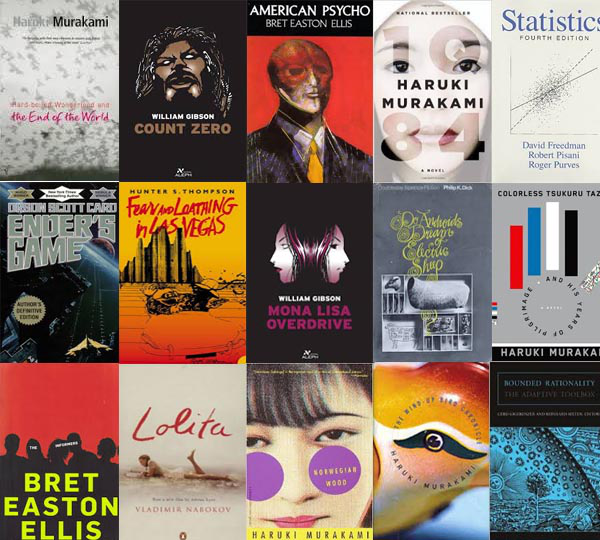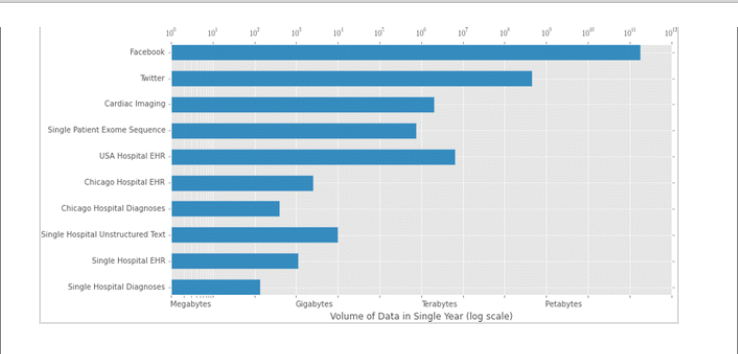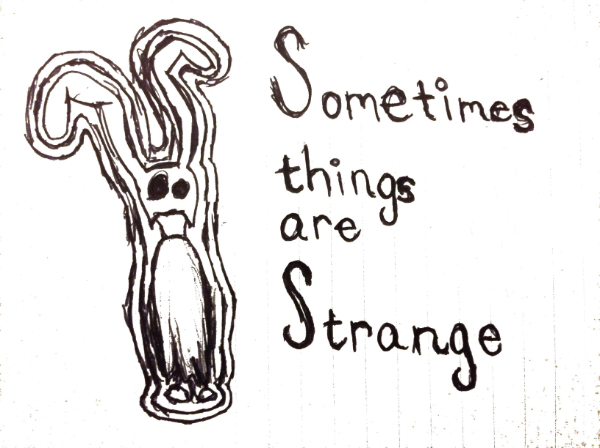(a first part summary of essays contained within Gigerenzer and Selten's [eds.] Bounded Rationality: The Adaptive Toolbox)
What will I make for dinner? A relatively simple question that plagues me most nights of the week. However, what is a relatively simple task, albeit one that can be arduous for me, unpacks a can of worms in basic research: through what mental process do I decide what to make?
Admittedly this is a silly question, but other questions used to motivate this issue are roughly as silly. The point is merely to illuminate the difference between decision-making paradigms. Classically, or as far as my knowledge extends to, we would typically think of solving this problem through maximizing our utility, searching for the best possible answer (the global optima). In the context of our dinner problem, the steps to solving our problem would look like:
- mentally assemble all of the possible recipes
- determine which recipes had all of the possible recipes
- determine which recipes had all available ingredients
- account for the spoilage dates of all the ingredients
- identify the meal that would provide the maximum utility (one that uses the most ingredients that are about to spoil the soonest while being feasible to make)
Read more…



